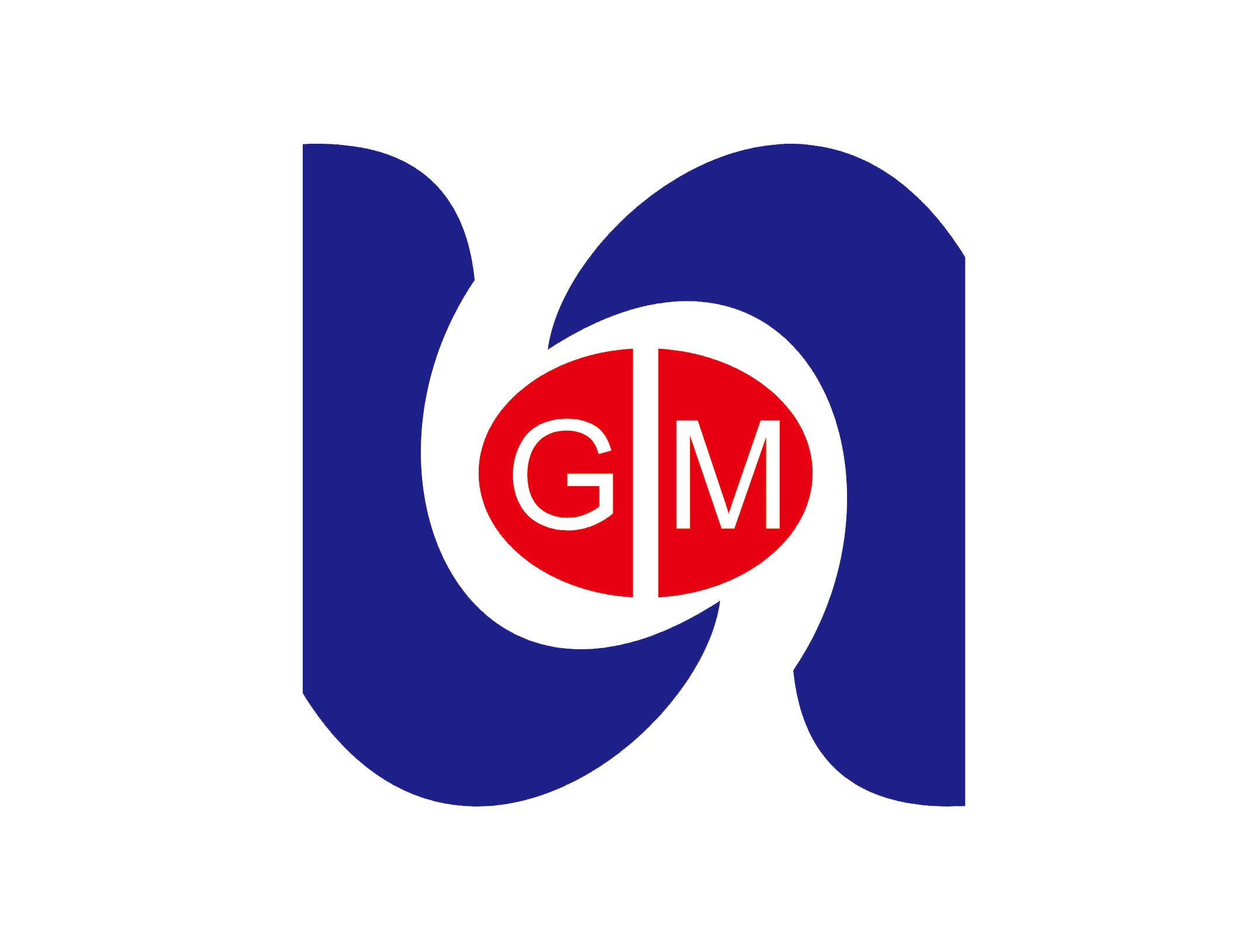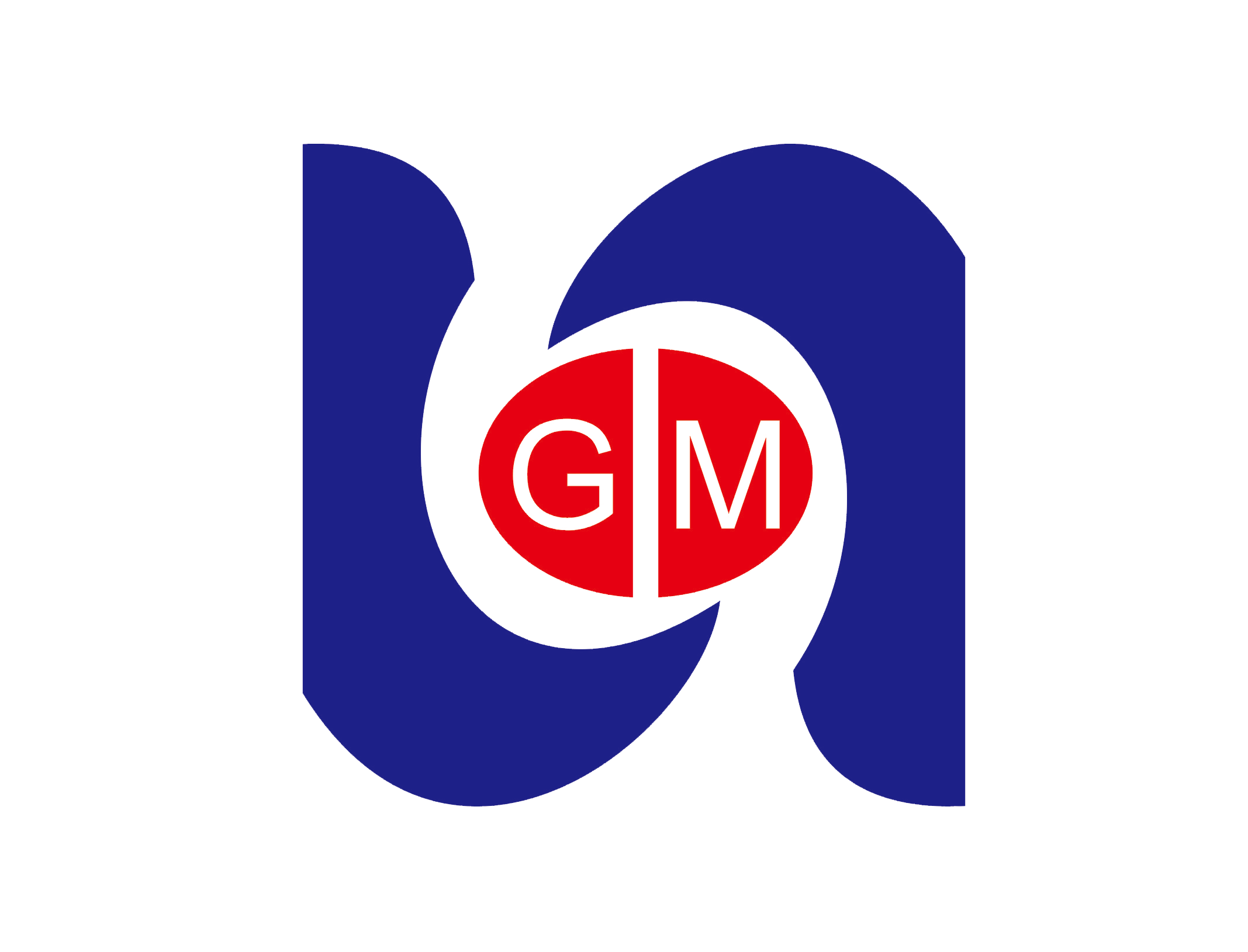Understanding The Paper Machine: Process And Technology
The paper machine is an engineered marvel that turns raw materials into our everyday products. Its complicated process blends modern technology with traditional methods to make paper in a way that is efficient and environmentally friendly.
1. Introduction
Paper machines are intricate systems of interrelated components, that are manufactured to convert raw materials including wood pulp, recycled paper, or alternative fibers into useful paper products. This article highlights the key processes and innovative technologies driving the growth of the paper manufacturing sector.
2. Raw Material Preparation
Raw material preparation marks the beginning of this process. Wood pulp obtained from responsibly managed forests or recycled papers undergoes thorough cleaning and refining processes to remove impurities while improving quality in readiness for other steps.
3. Formation of the Sheet
At this stage, water is mixed with pulp forming a slurry that enters the paper machine. The forming section serves as a core part of the machine where slurry spreads uniformly over a moving mesh screen/fabric. As it happens, water drains through mesh enabling fiber bonding hence creating continuous sheets of wet paper.
4. Pressing and Drying
Pressing and drying sections follow as the sheet moves along the machine’s route. In such areas, rolls together with felt blankets press against it to squeeze out surplus moisture leading to a more compacted network of fibers within it. The drying part involves heat application as well as airstreams in order to dry up more water leaving behind consolidated fibers hence making them ready for final processing.
5. Surface Treatment and Coating
Additional treatments may be done depending on the intended purpose when it comes to papers made out of wood pulp or alternative sources like bagasse (a residue from sugarcane after squeezing out their juice). Surface sizing makes paper stronger and smoother thus enhancing its printability and durability for long-term use while various kinds of coatings can be applied through advanced techniques such as curtain coating or blade coating achieving different properties e.g. gloss, dull, ink receptive among others.
6. Sustainability and Innovation
Modern paper machines employ sustainable measures to reduce their environmental effects. These involve closed-loop water systems that recycle water instead of using it just once thus reducing consumption rates while minimizing wastewater discharge volumes. Sustainable energy design plus clean energies like wind are some more means that enhance these objectives in relation to global commitments to conservation as well as resource management.
7. Conclusion
To sum up, understanding the intricacy of the paper machine’s process and advanced technology reveals it is a key player in contemporary manufacturing. This industry seeks to minimize its environmental footprint by constantly innovating and practicing sustainability even as it meets the global demand for paper products. The adaptiveness and significance of paper machines in an increasingly ecological world become apparent when we think about how they have evolved over time.
 EN
EN
 AR
AR BG
BG HR
HR DA
DA FR
FR DE
DE EL
EL PT
PT RU
RU ES
ES TL
TL ID
ID LV
LV LT
LT SR
SR SK
SK UK
UK VI
VI SQ
SQ GL
GL HU
HU TH
TH FA
FA AF
AF GA
GA HY
HY AZ
AZ KA
KA UR
UR BN
BN LO
LO LA
LA MN
MN NE
NE MY
MY KK
KK UZ
UZ KU
KU KY
KY








